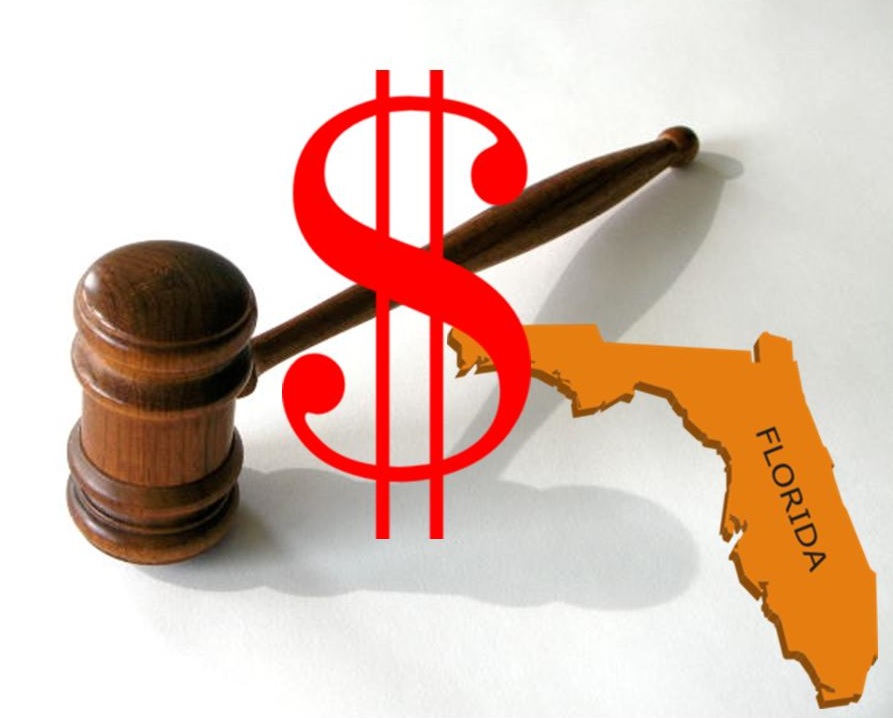The company received the fine from the Office of Financial Regulation for operating unlicensed.
Square has found itself in some hot water in the state of Florida for operating a mobile payments service without first receiving a money transmission license from the Office of Financial Regulation in the state.
This is not the first time that the company has been pursued by a state financial regulator in the U.S.
Though this most recent fine was in Florida, for $507,000, it had also been served a cease and desist order in March 2013, in Illinois. In that case, the cause of the problem was also for its failure to become licensed before it began operating its mobile payments service.
The most recent fine was for offering mobile payments services for two years without having a license.
 The span of time for which the fine applied was for operations as a mobile payments service from February 2010 through November 2012. According to the Florida payment order, the issue was that “Specifically, the Office finds that Applicant’s existing payment processing services (including Square Register) and stored value/prepaid access card services required a license under Florida law.”
The span of time for which the fine applied was for operations as a mobile payments service from February 2010 through November 2012. According to the Florida payment order, the issue was that “Specifically, the Office finds that Applicant’s existing payment processing services (including Square Register) and stored value/prepaid access card services required a license under Florida law.”
The order was dated on July 23, 2013, and it points out that the first application to be a mobile payments service in Florida, by Square, was in November 2012. After the company paid the $507,000 by way of a wire transfer, Square was granted a money transmission license that made it possible to operate legally from that point onward. The order states that the company “neither admits nor denies” being guilty.
According to a spokesperson from the Square mobile payments company, Aaron Zamost, “We worked with Florida to resolve our application and receive our license to operate as a money transmitter in the state.” He added that “We look forward to continuing to help merchants across Florida grow their business with Square.”
Last year, the mobile payments service managed to raise $341 million (which includes a strategic investment from Starbucks of $200 million in September 2012), so the fine doesn’t appear to be too damaging at this time. However, in the Illinois case, things were more difficult, and it has since been used as a case regarding the lack of clarity in some of the state licensing laws.

